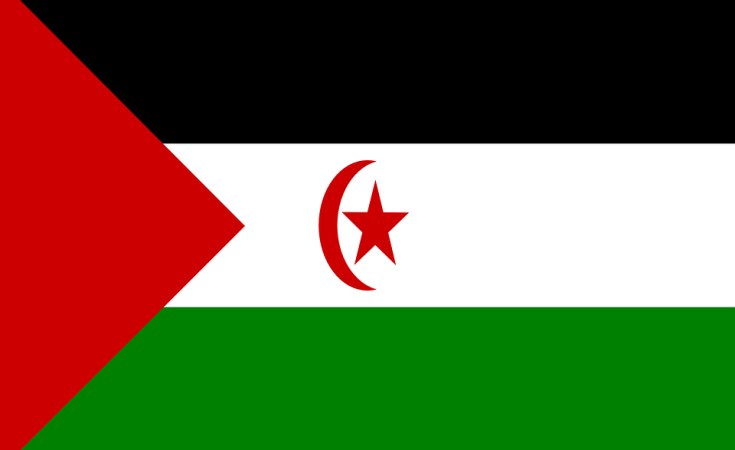Algiers — The EU-Morocco fisheries agreement, illegally extended to occupied Western Sahara, is due to expire on Monday with no negotiations in sight for a possible renewal, pending a final decision by the European Court of Justice (CJEU) at the end of the year, leading to a suspension of European fleet activity in Sahrawi waters, given the "distinct and separate" status of this territory.
After a tough legal battle waged by the Polisario Front, the sole legitimate representative of the Sahrawi people, the CJEU issued a ruling in December 2016 confirming that Western Sahara and Morocco are two "separate" and "distinct" territories.
Nevertheless, the current agreement between the Twenty-Seven and Morocco entered into force on July 18, 2019, allowing 128 European Union (EU) vessels to illegally fish in the waters of occupied Western Sahara, after a suspension of the activity of this fleet since July 14, 2018.
In September 2021, the General Court of the European Union ruled in favor of the Polisario Front, which maintained that the fisheries agreement with Morocco had been concluded without the consent of the people of Western Sahara. The European Council and Commission lodged an appeal in December of the same year.
Despite the profit reaped from fishing activities in Western Sahara, which represented about 63% of total Moroccan revenues in 2020, for the Moroccan regime, the importance of these stocks is not of a financial nature but above all "political", estimates the International Observatory Western Sahara Resource Watch (WSRW).
Morocco, with its expansionist policy, feels a constant need to "prove" to the world that the geographical area it covers also borders Western Sahara, by signing illegal trade agreements that do not exclude Western Sahara, in order to "legitimize" its colonization of this territory.


